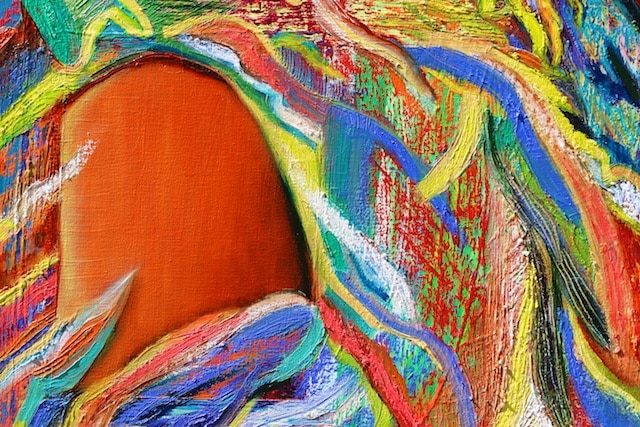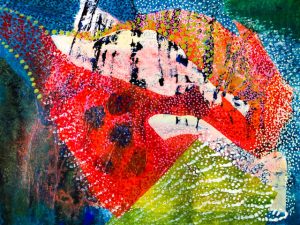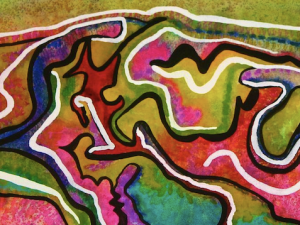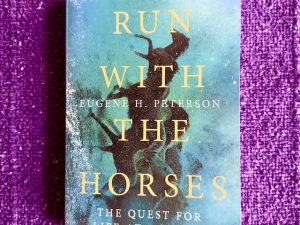“I first read Jung’s work in college, and again and again he would offer concepts that I knew were true. At the time, I didn’t have the education to intellectually justify it; I just knew intuitively that he was largely right. Jung brought together practical theology with very good psychology. He surely is no enemy of religion, as some imagine. When asked at the end of his life if he ‘believed’ in God, Jung replied, ‘I could not say I believe. I know! I have had the experience of being gripped by something that is stronger than myself, something that people call God.’ I’m convinced he is one of the best friends of the contemplative inner life. He suggested the whole problem is that Christianity does not connect with the soul or transform people anymore. He insists on actual ‘inner, transcendent experience’ to anchor individuals to God, and that’s what mystics always emphasize.
One of the things Jung taught was that the human psyche is the mediation point for God. If God wants to speak to us, God usually speaks in words that first feel like our own thoughts. How else could God come to us? We have to be taught how to honor and allow that, how to give it authority, and to recognize that sometimes our thoughts are God’s thoughts. Contemplation helps train such awareness in us. The dualistic or non-contemplative mind cannot imagine how both could be true at the same time. The contemplative mind sees things in wholes and not in divided parts.
In an account written several years before his death, Jung described his early sense that ‘Nobody could rob me of the conviction that it was enjoined upon me to do what God wanted and not what I wanted. That gave me the strength to go my own way.’
We all must find an inner authority that we can trust that is bigger than our own. This way, we know it’s not only us thinking these thoughts. When we are able to trust God directly, it balances out the almost exclusive reliance on external authority (Scripture for Protestants; Tradition for Catholics). Much of what passes as religion is external to the self, top-down religion, operating from the outside in. Carl Jung wanted to teach people to honor religious symbols, but from the inside out. He wanted people to recognize those numinous voices already in our deepest depths. Without deep contact with one’s in-depth self, Jung believed one could not know God. That’s not just Jungian psychology. Read Teresa of Ávila’s Interior Castle. The first mansion, where we first meet God, is radical honesty about ourselves, warts and all. Similar teachers include Augustine, Thérèse of Lisieux, Lady Julian of Norwich, Meister Eckhart, and Francis of Assisi.”
by Richard Rohr
4 Comments
-
Thanks for this.
-
Wise words from a wise man about another wise man! xxx
-
Richard Rohr is one of my Go-tos for bits of wisdom, though not the main one.
However, in one youtube talk I heard, he emphasized man’s separation-from-God
and the need to climb the mountain to get to God. While this climb is, to me, the illusion,
for a mega teacher to say this might give a wrong impression to novices, not the Larger Truth that
“in Him, (Truth), we live and move and have being”. (Bible)
Still, Rohr inspires me, so I appreciate your Post today, Polly.
(Always wonder what Rohr would say about Mary Baker Eddy’s writings and life.)-
Author
I would say the belief in separation is the only sin. Maybe someday I should write a blog post about that. And yes, I’ve thought of sending him a copy of Science and Health!
-








